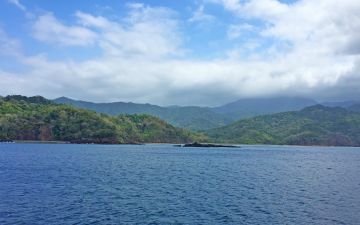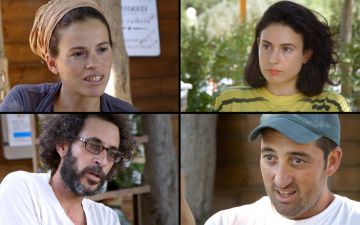Across the globe, rising demand for food, energy and natural resources such as timber, water, and minerals, has created enormous pressures on land— and access to it. Vast tracts of land are being snatched up by both public and private investors; most frequently in low-income and middle-income countries. The impact of these often secretive land deals on local communities is huge.
In frontier markets, where property rights are weak, unclear, or poorly governed, there is an increased likelihood of corruption, human rights abuses, conflict over resources, and environmental degradation. And it is often the most vulnerable groups, including minorities, indigenous people, the poor, and women, who bear the brunt of the problems created by poor land governance.
To investigate this growing crisis, Pulitzer Center-funded journalists are following stories that will increase transparency about land deals, expose weak land governance systems, and highlight the risks to stakeholders who invest in bad land deals. Their reporting illuminates fresh, new approaches to securing land rights that might promote, rather than erode, local development priorities.
The Pulitzer Center’s reporting on land rights issues is made possible through the support of the Omidyar Network's Property Rights Initiative, American Jewish World Service, the Kendeda Fund, and other Pulitzer Center donors.





